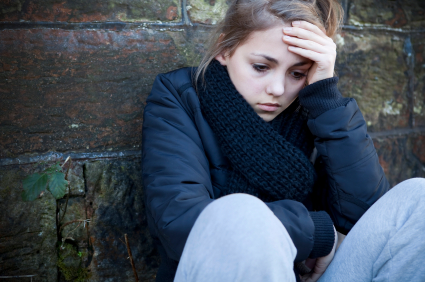Childhood Depression
Posted by Collaborative Counseling

Childhood depression is much more common that you may know. According to the U.S. Center for Mental Health Services, as many as one in every 33 children and one in eight adolescents may have clinical depression.
What is depression?
Clinical depression is sadness that extends beyond being sad about particular situations or events (e.g. being sad about a breakup or sad about the death of a loved one). In addition, Clinical depression involves a prolonged sense of feeling sad that gets in the way of doing things the person wants to do.
Signs of depression in children
- Sadness and hopelessness for weeks at a time
- Withdrawal from friends and/or activities they used to enjoy
- Irritability or being easily agitated
- Missing school or a significant decline in grades
- Changes in eating
- Changes in sleeping habits
- Low confidence/self-esteem
- Thoughts of death or suicide
- Lack of energy and motivation
- Difficulty making decisions
- Forgetfulness
- Difficulty concentrating
Help is available for a child or teen with depression
Collaborative Counseling provides specialized therapy services for children as young as age 3 up through adulthood. Our services are available in:
We provide play therapy for young and school age children. This has been shown to be effective in helping children overcome depression. To learn more about play therapy visit: http://collaborativemn.com/play-therapy/
Also, for older children and teens we provide a variety of different ways to help your child learn the skills they need. They can learn how to cope with their emotions, relationships and everyday challenges of our modern world. While counseling with children often involves a family component. Furthermore, family counseling can help parents and other family members learn how to support the person who is struggling with depression.
What should you do if your child is exhibiting depression symptoms?
First of all, if you suspect your child is struggling with depression, get them help immediately. Therefore, we recommend bringing your child in to talk with a counselor or psychologist to clarify the symptoms as soon as possible. The counselor or psychologist will be able to provide you recommendations for treatment to help your child through their depression as well as any other areas of concern.
Finally, if you are not quite ready to see a counselor or therapist, we recommend sharing your concerns with your child’s pediatrician or primary care physician. Most general practice clinics can also help assess whether your child may be suffering from depression or another emotional health issue.

 View Our Locations
View Our Locations Request Appointment
Request Appointment